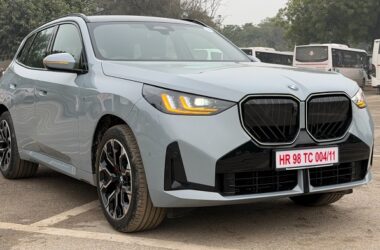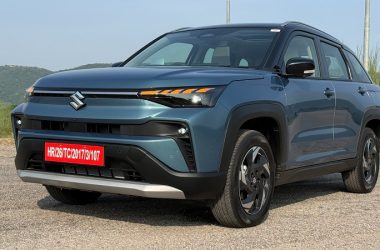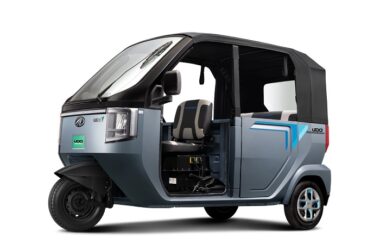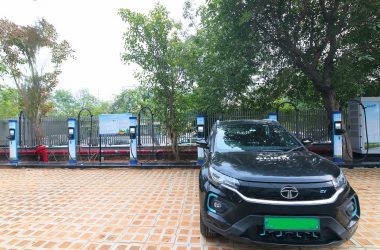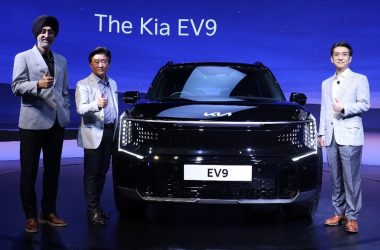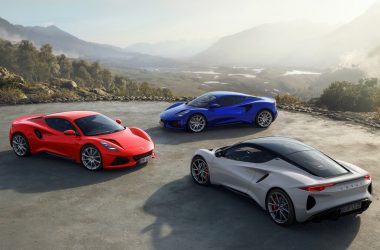As the automotive world accelerates toward 2025, innovation and sustainability take the driver’s seat, reshaping the industry for a more intelligent, eco-conscious, and secure future. The groundwork laid in 2024—marked by advancements in artificial intelligence (AI), connected vehicles, and the growing dominance of electric vehicles (EVs)—is now propelling the sector into a transformative era. Daimler Truck Innovation Centre India (DTICI) has spotlighted pivotal trends steering this evolution, pointing to smarter technology, greener mobility, and safer roads as the defining pillars of the automotive roadmap.
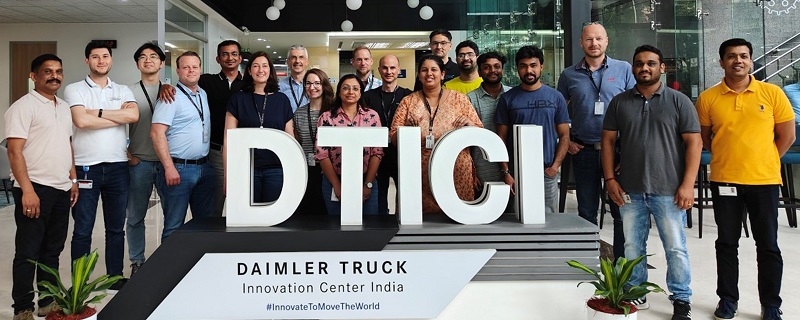
Artificial Intelligence: The Brain Behind Tomorrow’s Mobility
AI and advanced software are emerging as the architects of modern transportation, enhancing vehicle intelligence like never before. These technologies enable predictive maintenance, reducing breakdowns and operational downtime, while optimizing performance through sophisticated analytics. From smarter route planning to better fuel efficiency, AI is making vehicles adaptive to the demands of the future.
Connected car technology is expanding, integrating advanced safety features, personalized infotainment, and adaptive systems to elevate the driving experience. Over-the-air software updates are another game-changer, allowing vehicles to receive continuous upgrades without visiting service centers. This marks the dawn of a software-driven era, where vehicles are as dynamic and upgradable as smartphones.
Electric Vehicles: Leading the Charge
The electric vehicle revolution is now mainstream, driven by robust government support, improved infrastructure, and surging consumer interest. By 2025, India is projected to host 2.5 million EVs, making it the third-largest EV market globally. This transition underscores the nation’s commitment to sustainability and clean energy.
Battery innovations are central to this growth, focusing on extended range, faster charging, and improved durability. Localizing the production of critical components, such as batteries and motors, will not only boost affordability but also strengthen India’s position in the global EV ecosystem.
Decarbonization: A Roadmap to Net-Zero
The automotive sector is aligning with India’s ambitious goal of achieving net-zero emissions by 2070. By 2025, the industry is expected to ramp up its decarbonization efforts through investments in alternative fuels like hydrogen and biofuels, alongside advancements in fuel cell technology. Aerodynamics, lightweight materials, and energy-efficient manufacturing will play critical roles in meeting emission norms while maintaining performance excellence.
Manufacturers are also integrating renewable energy sources into production processes and promoting sustainable supply chains, responding to both regulatory pressures and the rising demand for environmentally friendly products.
Collaboration: The Key to Breakthroughs
Strategic partnerships across industries are accelerating the pace of automotive innovation. From EV infrastructure to autonomous driving technologies, collaborations are fostering advancements that individual entities could not achieve alone. Leading companies are now co-developing cutting-edge software platforms, enhancing vehicle connectivity, and creating a unified digital ecosystem.
These alliances not only strengthen supply chains and expedite product rollouts but also drive research and development, ensuring the industry remains agile in the face of rapid technological change.
As we navigate this transformative journey, the automotive industry is not just adapting to the future—it is actively shaping it. By embracing innovation, prioritizing sustainability, and forging strategic collaborations, the sector is poised to redefine mobility for a smarter, greener, and safer world.

